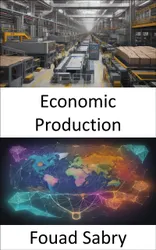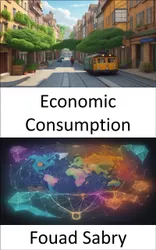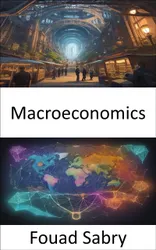What is Economic History
The study of history that makes use of some of the methodological techniques that are used in economics or that pays particular attention to economic phenomena is known as economic history. For the purpose of conducting research, a combination of historical methodologies, statistical methods, and the application of economic theory to historical conditions and institutions are utilized. It is possible for this profession to span a wide range of subjects, such as equality, finance, technology, labor, and business. It places an emphasis on historicizing the economy itself, including doing an analysis of the economy as a dynamic entity and making an effort to provide insights into the way the economy is constructed and imagined.
How you will benefit
(I) Insights, and validations about the following topics:
Chapter 1: Economic history
Chapter 2: Joseph Schumpeter
Chapter 3: Political economy
Chapter 4: Gary Becker
Chapter 5: Chicago school of economics
Chapter 6: Cliometrics
Chapter 7: W. Arthur Lewis
Chapter 8: Economic sociology
Chapter 9: Robert Fogel
Chapter 10: Michio Morishima
Chapter 11: Christopher A. Pissarides
Chapter 12: Deirdre McCloskey
Chapter 13: Susan Strange
Chapter 14: Tony Atkinson
Chapter 15: Mainstream economics
Chapter 16: Joel Mokyr
Chapter 17: Thomas Piketty
Chapter 18: Cormac Ó Gráda
Chapter 19: Capital in the Twenty-First Century
Chapter 20: European Historical Economics Society
Chapter 21: Research Center in Entrepreneurial History
(II) Answering the public top questions about economic history.
(III) Real world examples for the usage of economic history in many fields.
Who will benefit
Professionals, undergraduate and graduate students, enthusiasts, hobbyists, and those who want to go beyond basic knowledge or information for any kind of economic history.
























